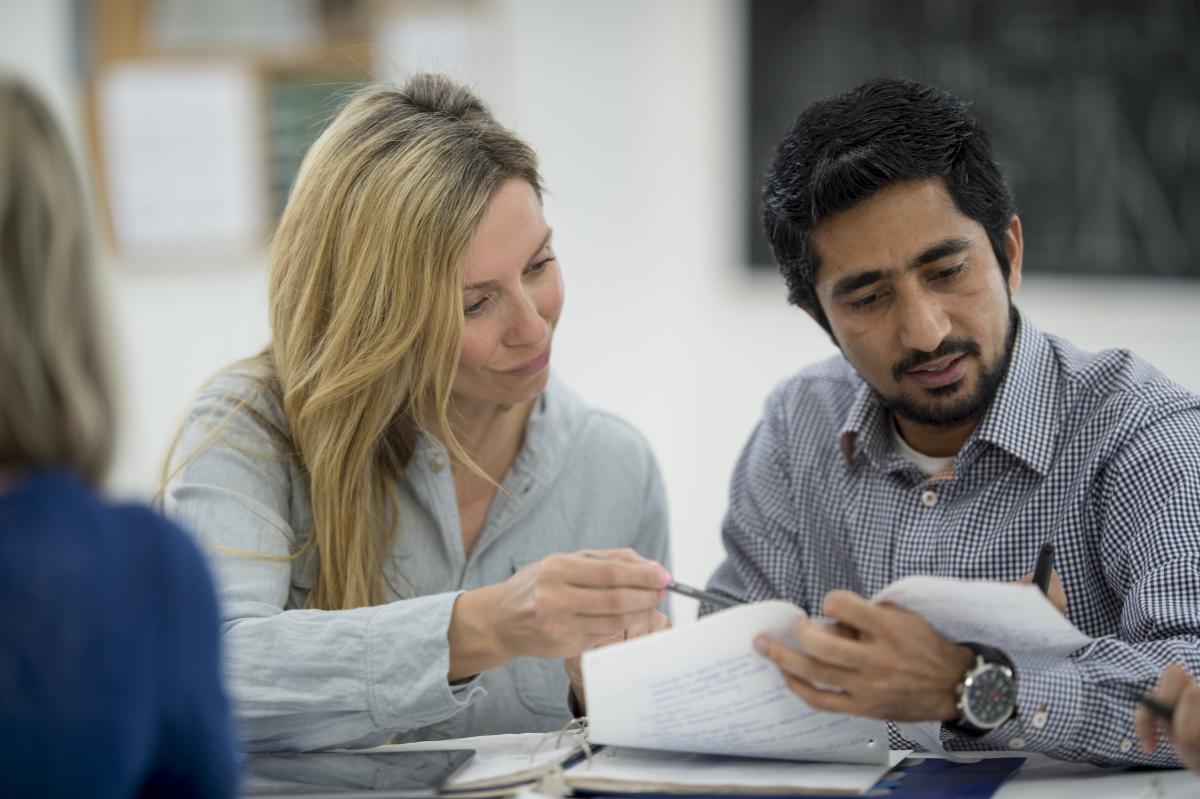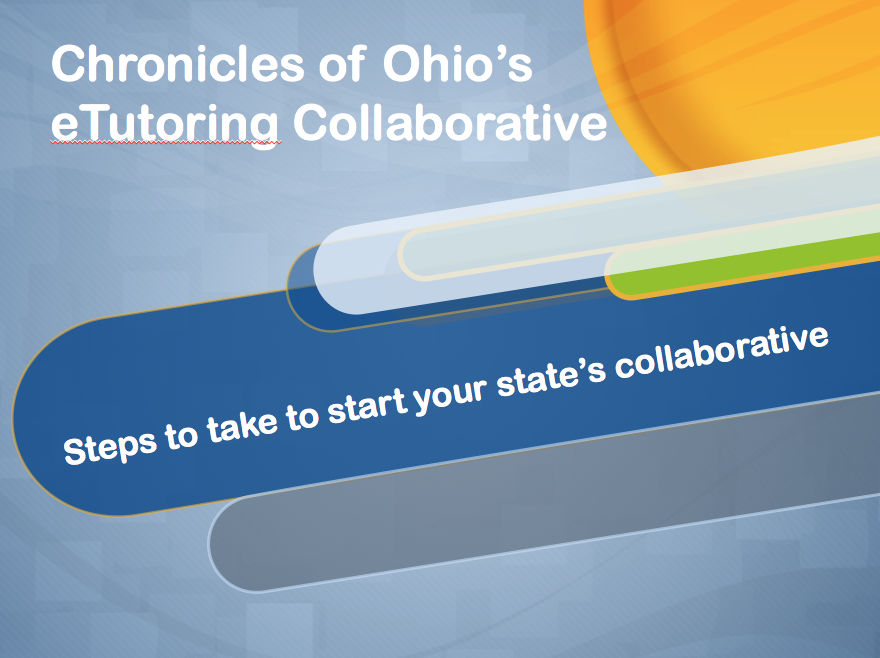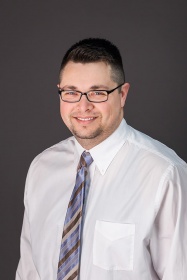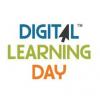
A hurdle we have experienced at eStudent Services (eSS) has been how we can engage students to make them aware of our programs in eight seconds. With just over a half million students enrolled in higher education in Ohio, keeping that student population engaged and informed has been an impossible task, but with some help can be achieved.








